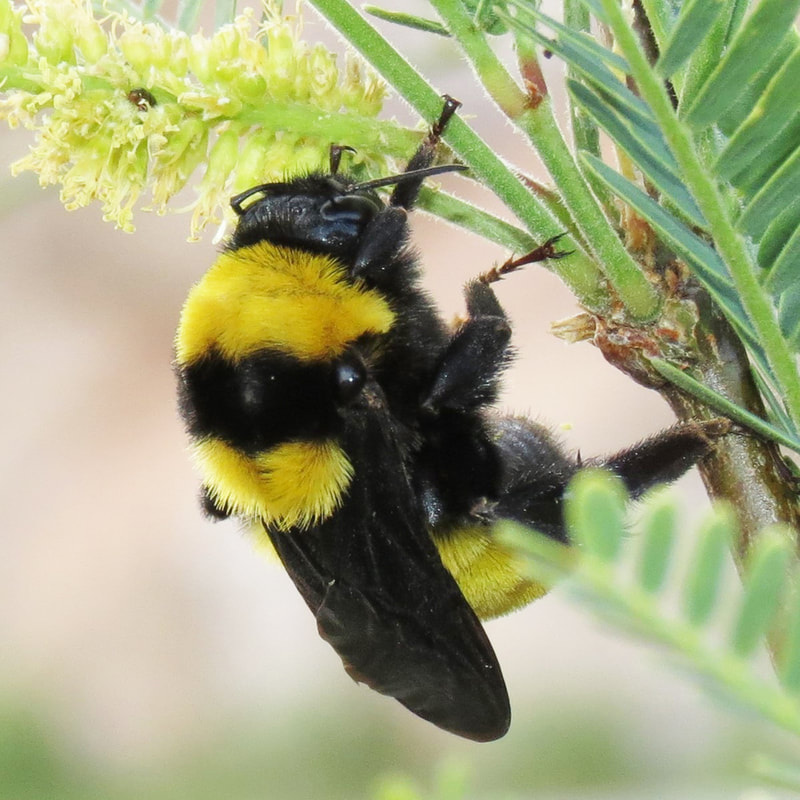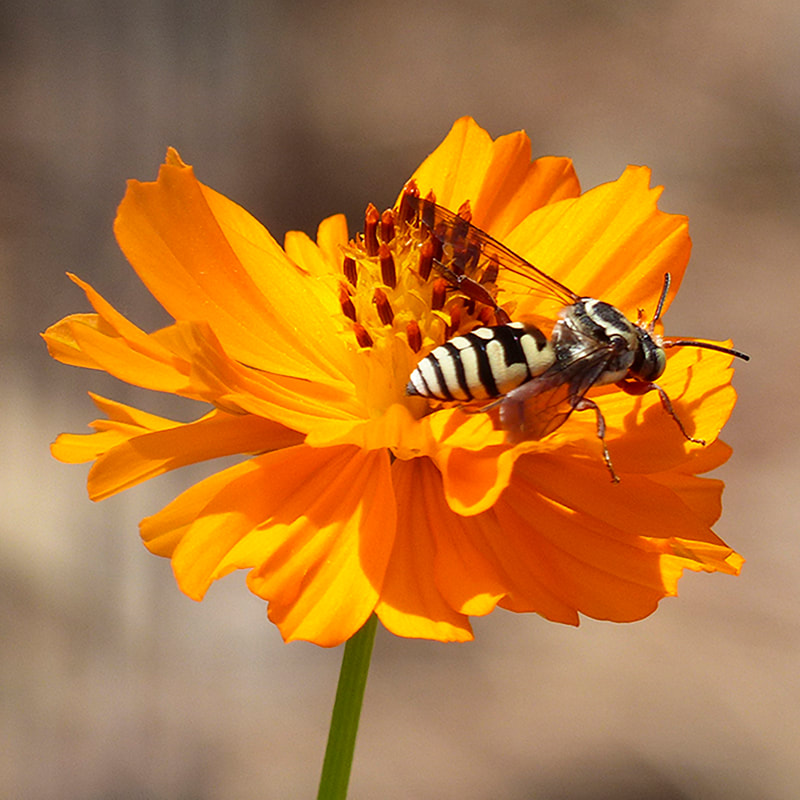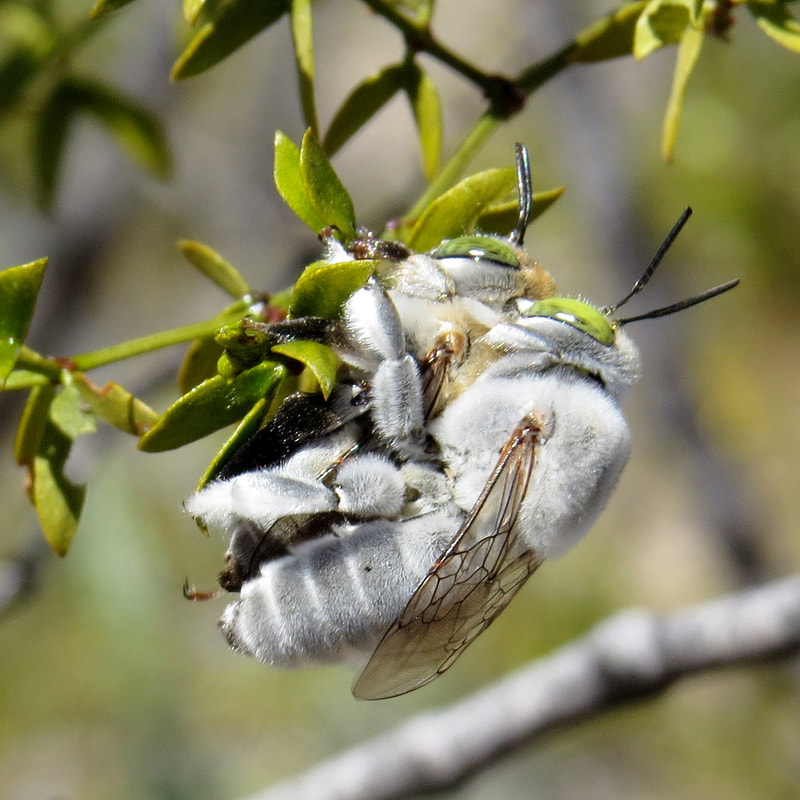Investing in the future of our planet, one bee at a time.
For 140 million years, flowering plants and bees have evolved together. Each requires the other for survival– coevolution and symbiosis.
There are thousands of bee species worldwide. People have brought European and African honeybees with them all over the world, competing with the native bees. Here are some of the locals.



Here is Arizona Illustrated’s September 13 2023 story on the TBC
Our Goal
Tucson Bee Collaborative recognizes that we need native bees and yet our region’s bees are largely unknown and under-appreciated. Together, we’re changing that. Join us as we work to reveal the hidden world of native bees.
Discover the locals
Who are the they? The University of Arizona has an expertly identified collection of native bees. We have high resolution images and DNA sequence data for our specimens. The collection continues to grow.
CUREs for bees. In Course-based Undergraduate Research Experiences, students are learning DNA “barcoding” methods, adding to the body of scientific knowledge.
Where are the locals? We are determining the distribution of native bee species by digitizing the information in our research collection.
When are they active? We are tracking the activity patterns of native bees in both time and space.
Assess their status
How are they doing? We are establishing baselines for local bee abundance and diversity that will allow us to track future changes.
What do they need? We are investigating factors that promote healthy populations, including food and nesting habitat requirements.
Why should we care? In the natural world and agricultural systems, the flowering plants and the bees need each other. To the degree we depend on bees for some of the plants in our food systems, plus maintaining healthy ecosystems in the natural world, this is important for our and our children’s futures.
Teach How to Bee Well
Bee-coming aware. Bees are an important part of the natural world, an indicator of its health. There has been considerable research showing that exposure to nature has mental and physical health benefits.
Let’s inspire others. We’re developing information and outreach programs for the community. Those need to use sound science, avoiding bee-washing. We’re engaging with interested artist and programs.
Take action. Help us with our mission by becoming involved as a student, a researcher, or a citizen scientist. Both time and funding support are very much appreciated.
